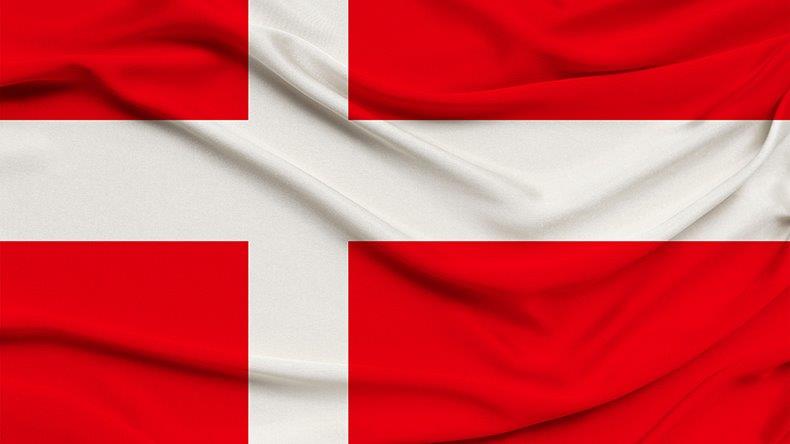Danish shipowners endorse plan for state-backed hull war risk insurer
- Fallback mechanism would kick in if commercial market collapses
- Initial loan from government would be repaid from premium revenues
- Past precedents include UK during the First World War
Steffensen says domestic industry needs facility it hopes will never have to be used
SHIPOWNER trade association Danish Shipping has endorsed draft legislation that would set up a state-backed war risk insurer as a fallback against any collapse of the commercial market.
Proposals out for consultation, and expected to be presented before parliament in October, would establish a so-called war insurance institution.
In the first instance, the government would put up DKr6bn ($910m), giving the entity sufficient liquidity at its inception.
The money would then be repaid through premium income from owners on activation. Effectively, the scheme would be industry-funded, supported by an initial state-backed credit line.
There are some historical precedents for such a move, dating back before the working careers of anyone currently in marine insurance.
Examples include the UK in the First World War, on the initiative of Britain’s last Liberal prime minister, David Lloyd George.
The French government reinsured marine war risk during both the First Indochina War against Vietnam in 1946-1954 and the Algerian War of Independence between 1954-1962.
More recently, hull underwriters in London and elsewhere have met shipping’s insurance requirements in crises such as the 1980s tanker war, the Libyan insurrection of 2011, the Russian occupation of Crimea in 2014, and the current Black Sea and Red Sea situations.
But not all owners have been happy with premium levels. There were accusations of price gouging after Russian tanks once again rolled into Ukraine in 2023.
There were anecdotal reports of staggeringly high rates of 10% or more of hull value for a single trip.
Danish Shipping insists a war risk institution will be beneficial both to the country and its shipping companies.
The timing of such a policy is exactly right, its chief executive Anne Steffensen added, given global tensions and the outbreak of war on European soil.
“In an extraordinary war scenario, it can be critically important that the Danish merchant fleet is still able to operate. This proposal contributes to securing that possibility if Danish shipping can no longer be covered by commercial insurance.
“Like with all other insurance schemes, I sincerely hope we never have to use it.”
Denmark’s business minister Morten Bødskov said that his country’s merchant navy was one of its strategic strengths, making investment in the fund a necessity to safeguard Danish jobs and economic growth.



